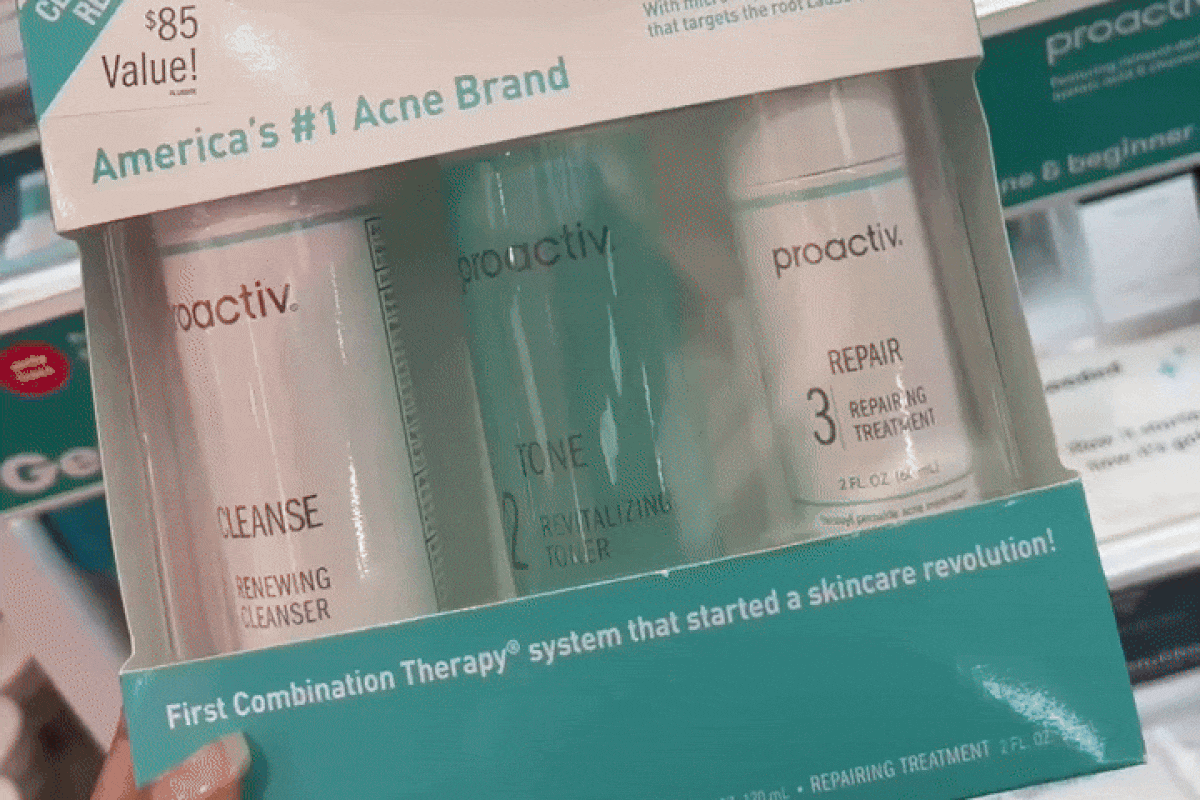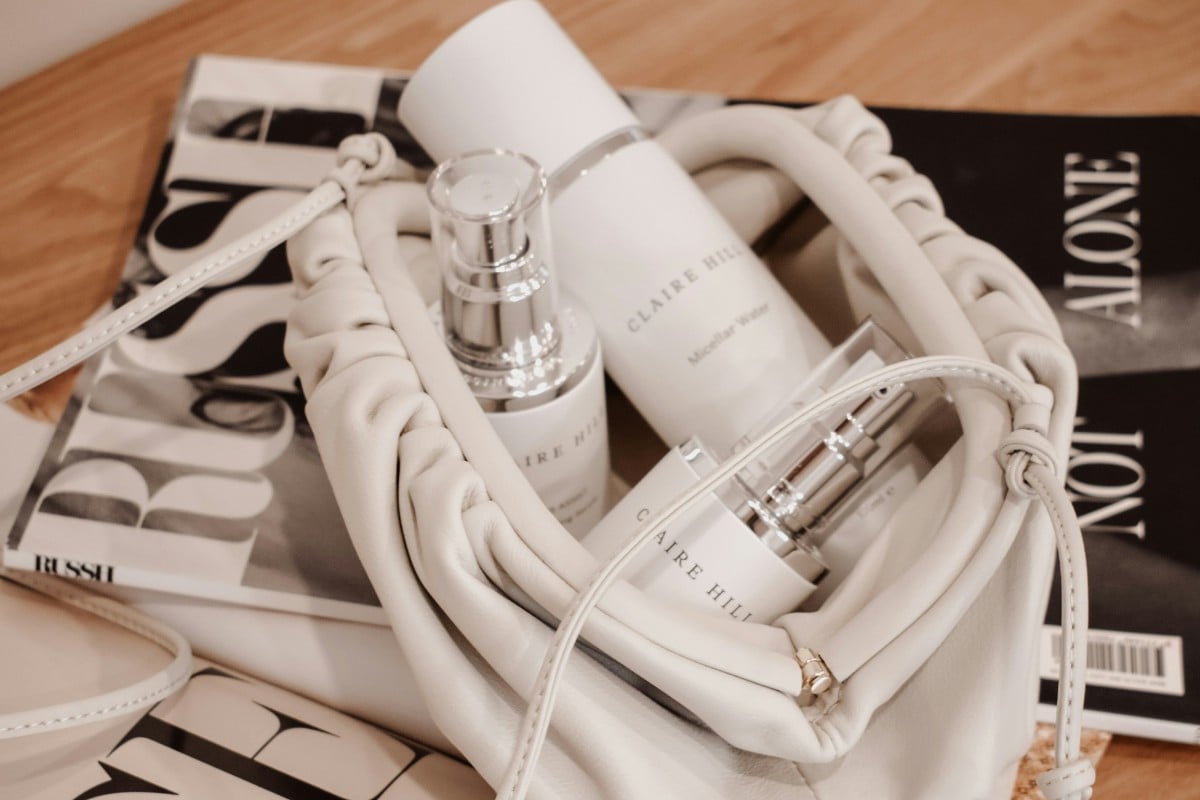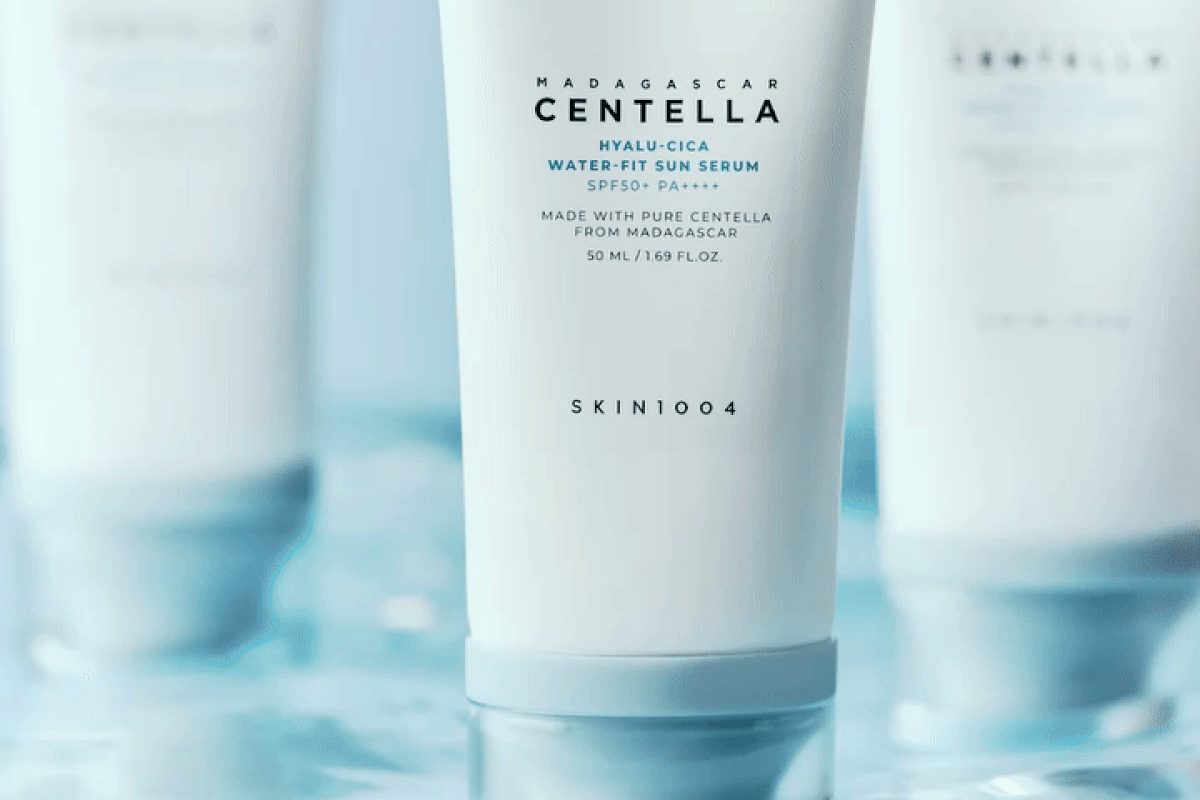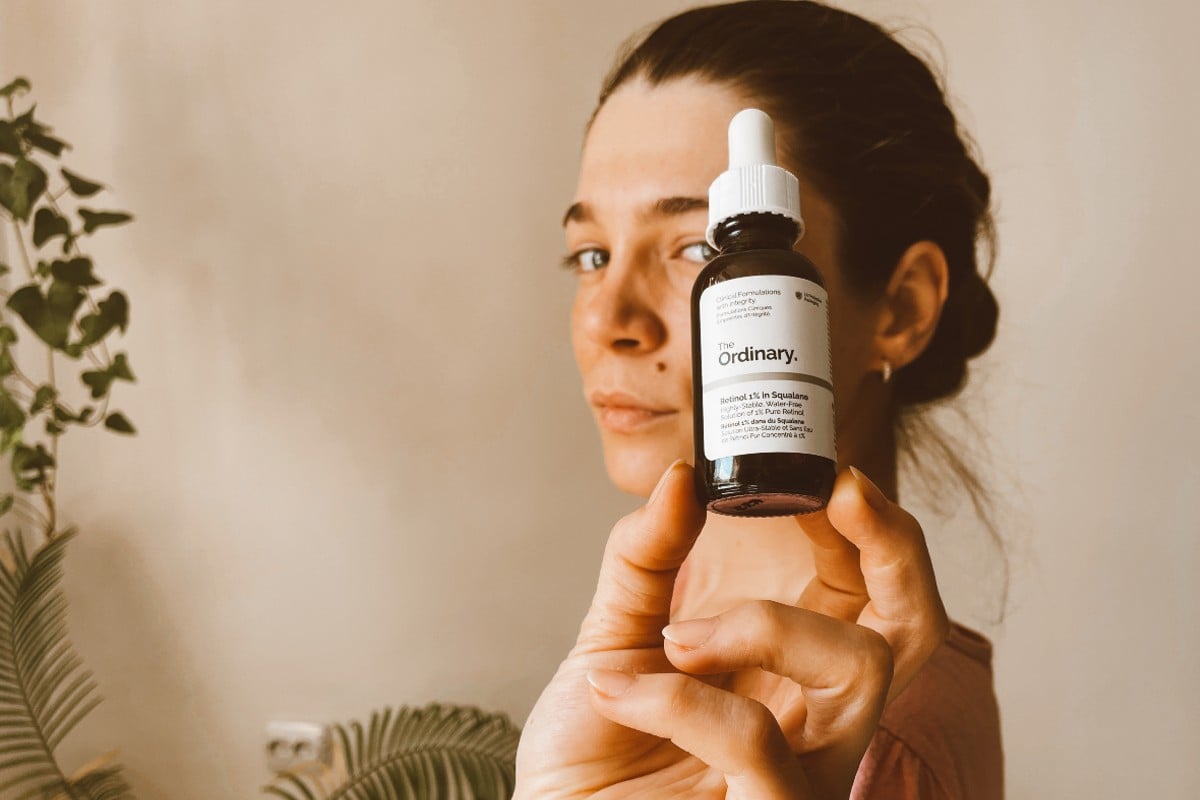What is dimethicone?
In short, dimethicone is a silicone. Now, when you hear “silicone,” you might think of those spongy materials used in adhesives and sealants. Well, that’s what dimethicone does to your skin as well.
Just like silicones seal containers against leaks, dimethicone acts as a barrier on the skin to reduce the amount of moisture that escapes through the pores. It allows your skin to breathe while giving it a smooth feel and texture. Moreover, dimethicone is classified as a skin protector. It forms a breathable film over the skin’s surface that defends the skin against external aggressors such as wind and pollutants.
Dimethicone largely has two purposes in beauty products: to protect and moisturize your skin. However, it does other cool things, like giving products a silky texture to make them feel smooth on the skin.
The good things about dimethicone
- Dimethicone has both emollient and occlusive properties.[1]
- As an emollient, dimethicone can soften the skin by filling the cracks between skin cells. You see, your skin is made up of several layers of cells that are held together by natural oils. Sometimes, your skin can lose some of these oils due to various factors such as dry weather and harsh cleansers. When this happens, the skin becomes dry, rough, and flaky. This is because there are cracks between the skin cells that allow moisture to escape and bacteria or allergens to enter. Emollients like dimethicone fill these cracks, acting as a glue to hold cells together.
- Dimethicone does not penetrate the skin. Instead, it sits on the surface of the skin where it creates an occlusive layer. An occlusive layer is a coating that blocks something from passing through. In this case, dimethicone blocks water from escaping from the skin and also blocks anything from entering the skin.
- Dimethicone is recommended for those with dry and rough skin. It’s even suitable for people with acne and sensitive skin since it doesn’t clog pores or cause allergic reactions. It also doesn’t feel greasy or leave skin sticky as other occlusives do.
- Humectants like glycerin and hyaluronic acid work well with dimethicone. Humectants attract moisture from the air to the skin’s surface, but they cannot retain it for long. Dimethicone forms a thin layer on the skin that locks in the moisture drawn by humectants. This means your skin will be hydrated for longer.
What else does it do?
- Dimethicone makes the products feel smooth and easy to apply on the skin. You can think of it as a kind of glue that holds the other ingredients in the formula together and makes them spread evenly.
- A study found that products with dimethicone are less irritating and gentler on the skin than products without it.[2]
- Dimethicone can blur the look of fine lines and wrinkles. Its refractive index can scatter light. This reduces the appearance of pores and wrinkles and offers an instant “blurring” effect.
- Dimethicone ensures foundations and primers do not settle into creases. It does that by smoothing the surface of the skin and filling in fine lines. Dimethicone also gives a matte finish to the skin, which reduces the appearance of shine.
- It turns out dimethicone can reduce irritation from treatments like retinol. It creates a protective layer on your skin that slows down the absorption of these actives. This makes them work gentler on your skin but also less potent.
The downside of dimethicone
- Dimethicone is hard to wash off. If you’re using a product with dimethicone, use an oil-based cleanser to remove the residual layer of silicone. Oils are one of the few things that break silicones down.
- Dimethicone does not penetrate the skin. If not washed off properly, it can form deposits on the skin that can cause breakouts.
- Silicones are not eco-friendly because they’re non-biodegradable.
Is it safe?
Dimethicone is considered safe as it’s unlikely to be absorbed into the skin due to its large molecular weight. However, if you’re allergic to silicones, you can experience itching, redness, swelling, or rash.
Who should use dimethicone?
Dimethicone is ideal for those with dry or mature skin and for conditions such as eczema. It’s also good for people living in harsh climates.
Who should avoid dimethicone?
If you have sensitivities to silicones or prioritize eco-friendly products, avoid dimethicone. Likewise, people with extremely oily skin might feel it exacerbates skin greasiness. Some dermatologists might also advise acne-prone people to use dimethicone sparingly. There’s a belief, though not conclusively proven, that it might contribute to breakouts.
Uses
- Serums and moisturizers: Locks in moisture and improves the texture and spreadability of products, making them easier to apply.
- Skin protectant: Creates a barrier on the skin to protect against external irritants.
- Sunscreens: Dimethicone is added to sunscreens to make them more stable and water-resistant. It can also act as a film-former to reduce the greasiness, stickiness and white cast of some sunscreens, making them more comfortable to wear.
- Foundations: Dimethicone can help improve the coverage, blending and wear of foundations. It can also give foundations a velvety, matte finish.
- Primers: Prepares the skin by creating a smooth and even surface. It can also help to fill in pores and wrinkles, making the skin look more refined and flawless.
- Conditioners: Dimethicone condition, detangle, and protect the hair by coating it with a thin layer of silicone. It can also make the hair more manageable.
The verdict
Dimethicone is a skin-friendly ingredient. It’s sufficiently researched and proven safe for various skin concerns. However, while it does a bit of everything, it does not excel at anything. Dimethicone is not a star performer. It usually works as a supporting ingredient that enhances the texture and stability of other ingredients. If you’re using dimethicone-based products, make sure to wash them off with an oil-based cleanser.



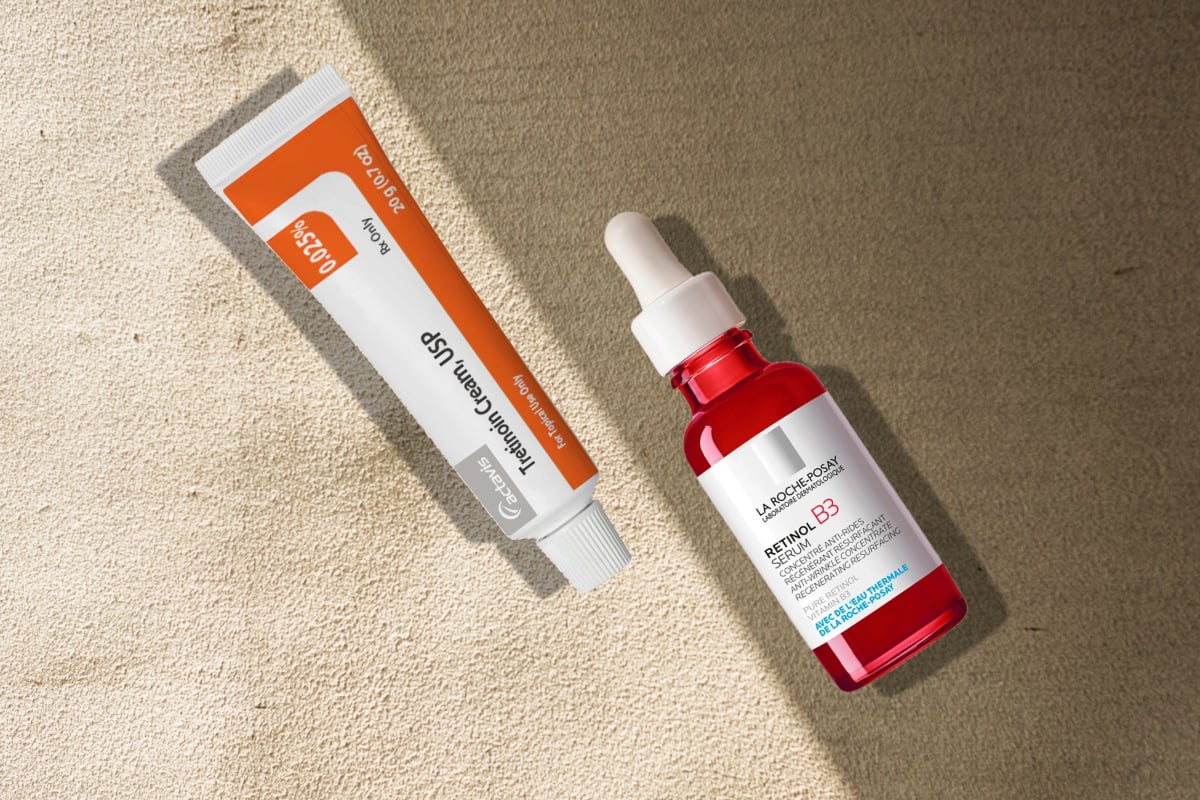
![Does resveratrol in red wine benefit your skin? While sipping on a glass of red wine can be a delightful experience, relying on it for skincare benefits is not the best idea. Sure, red wine contains a smidge of resveratrol, but let's put things into perspective. The concentration of resveratrol in red wine is relatively low. Red wines, specifically Pinot noir from France, typically contain 0.361-1.972 mg of resveratrol per liter.[8] To hit that reference dose of 500mg of resveratrol, you'd need to drink a lot of wine. We're talking about downing anywhere from 100 to 1000 glasses per day. It's a scene straight out of a wine lover's wildest dreams, but definitely not the healthiest approach. Resveratrol Benefits for Skin](https://womensconcepts.com/wp-content/uploads/2022/03/Resveratrol-Benefits-for-Skin.jpg)

